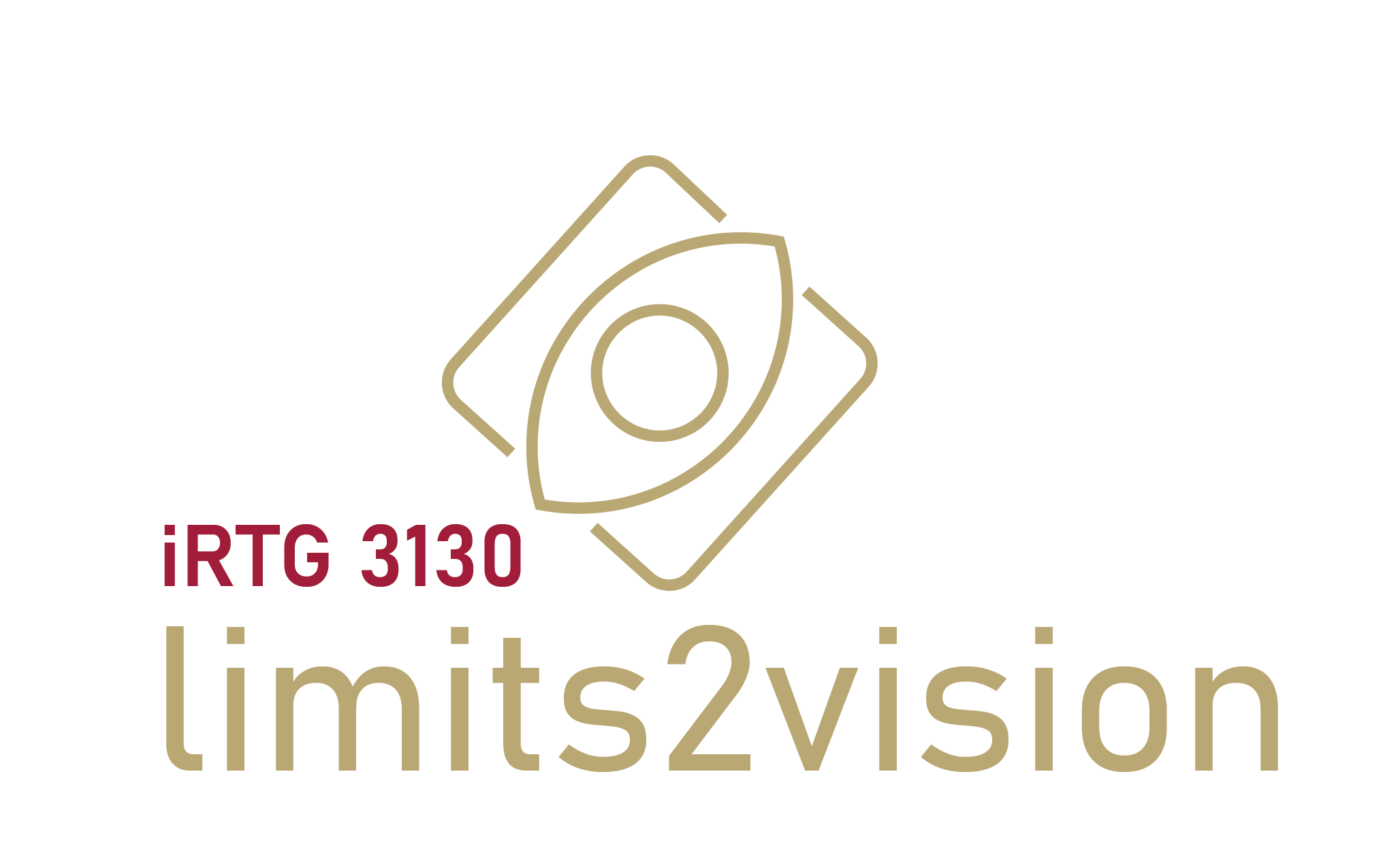
iGRK 2804
Das Internationale Graduiertenkolleg (iGRK) 2804 hat sich zum Ziel gesetzt, die interdisziplinäre Forschung und Ausbildung zu einem Thema von hoher klinischer und gesellschaftlicher Relevanz zu stärken: die psychische Gesundheit von Frauen in den reproduktiven Lebensjahren.
Mehr erfahren

